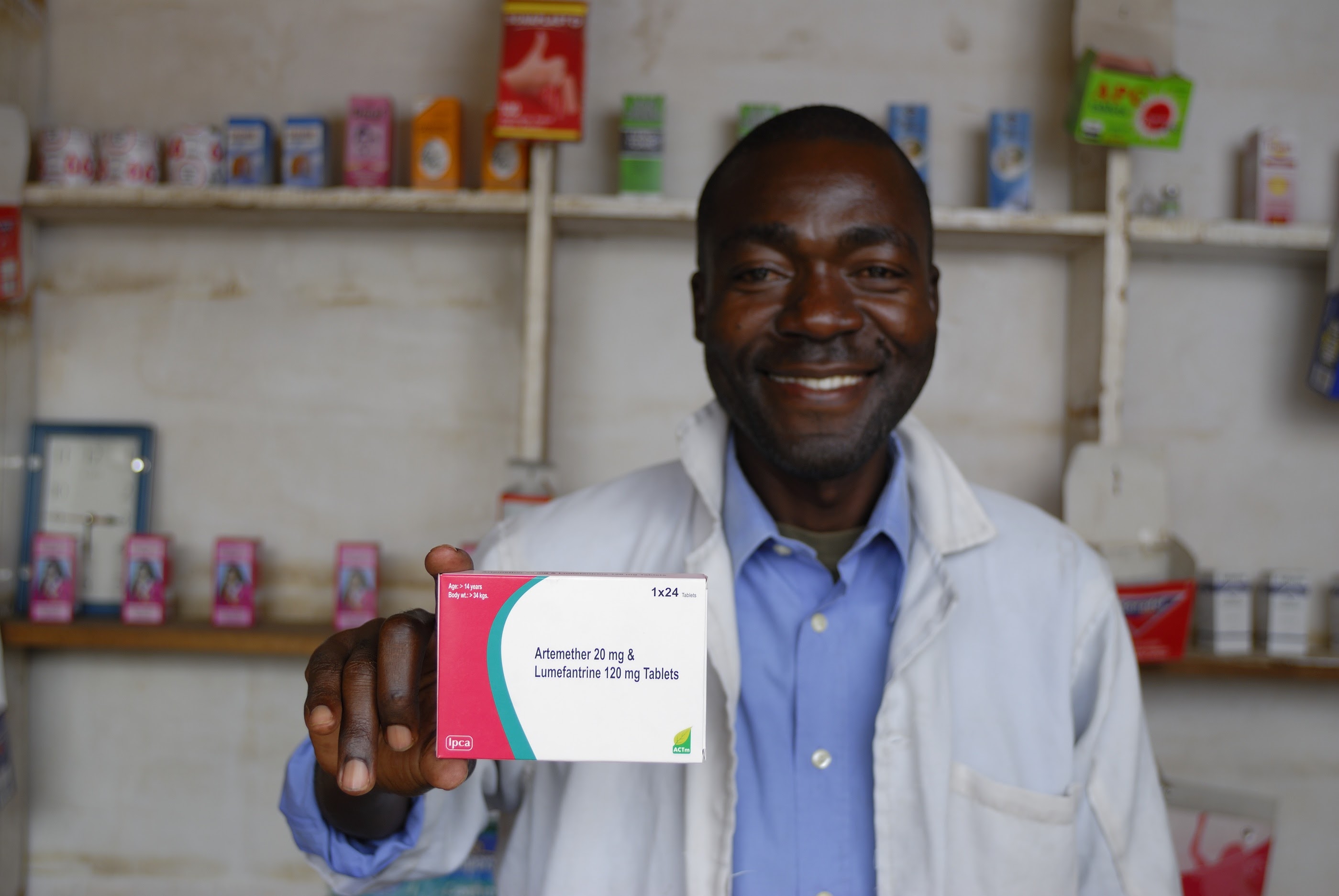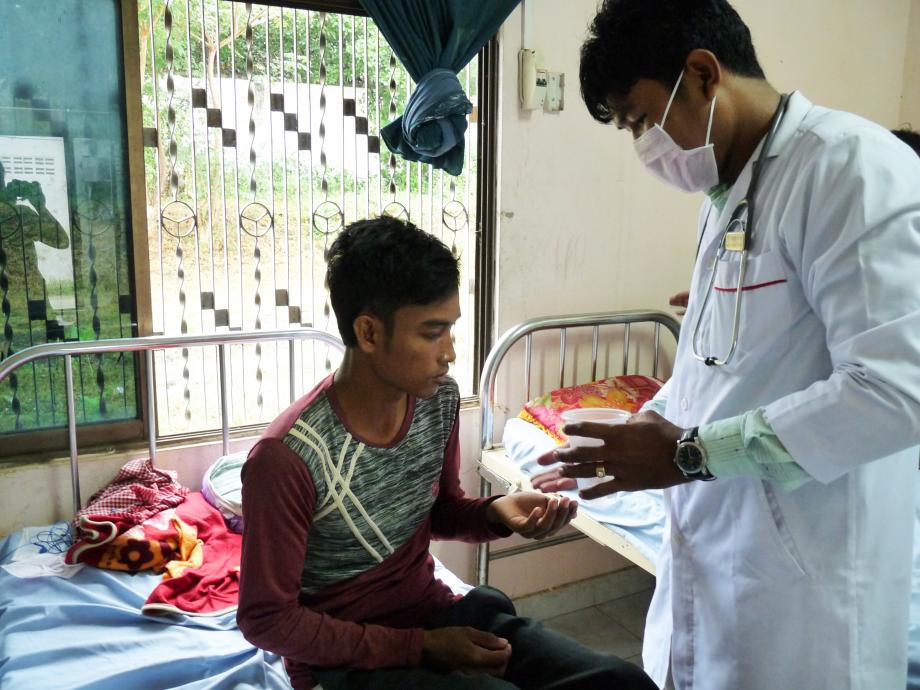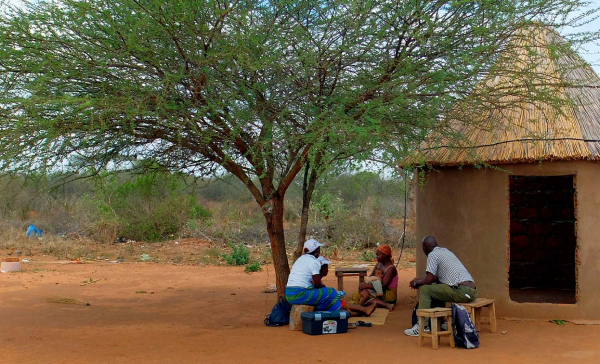The problem
Artemisinin-based combination therapies (ACTs) showed superior effectiveness and acted faster than older treatments. Because they combined two drugs in one treatment, they also provide a greater defence against resistance. However, the higher price of quality-assured ACTs compared to traditional, less effective monotherapies like quinine, limited access for those most in need.
Download the project evaluation
Our response
The innovative financing mechanism Affordable Medicines for Malaria (AMFm) was designed to expand affordable access to quality-assured ACTs and reduce the use of less effective therapies that can contribute to drug resistance.
Hosted by the Global Fund, AMFm was launched as a pilot in 2010 in eight malaria-endemic countries: Cambodia, Ghana, Kenya, Madagascar, Niger, Nigeria, Uganda and the United Republic of Tanzania. Through negotiations with manufacturers, AMFm brought down the cost that private importers had to pay by 80% compared to 2008–2009. Use and awareness of ACTs also increased in the target countries.
In 2013, the Global Fund integrated AMFm into its core grant management and financial processes. As of 2014, it became the Private Sector Co-Payment Mechanism. This Mechanism continues to be used to expand access to ACTs in the private sector, particularly in countries where the private retail sector plays a major role in the provision of healthcare for managing malaria.



